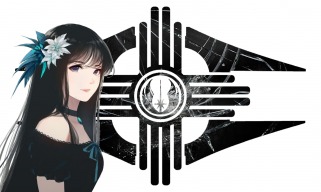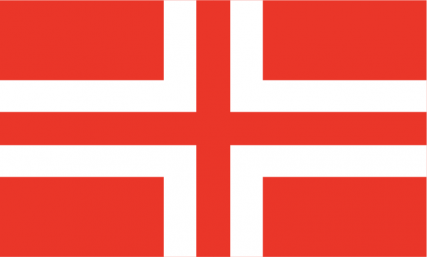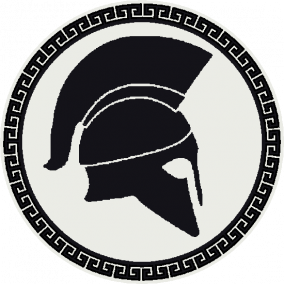

![]() by Foreverisle » Sun Oct 20, 2019 10:30 am
by Foreverisle » Sun Oct 20, 2019 10:30 am

![]() by Lillorainen » Sun Oct 20, 2019 2:55 pm
by Lillorainen » Sun Oct 20, 2019 2:55 pm

![]() by Foreverisle » Mon Oct 21, 2019 12:24 pm
by Foreverisle » Mon Oct 21, 2019 12:24 pm

![]() by Lillorainen » Mon Oct 21, 2019 12:37 pm
by Lillorainen » Mon Oct 21, 2019 12:37 pm
Foreverisle wrote:Greetings and thank you for your response.
That does indeed sound like an excellent system, and one which could be beneficial to Foreverisle.
It will be conveyed to the Grand Jury and indeed the people as we approach referendum day.

![]() by Strahcoin » Mon Oct 21, 2019 2:55 pm
by Strahcoin » Mon Oct 21, 2019 2:55 pm
![]() by Victorious Decepticons » Mon Oct 21, 2019 5:16 pm
by Victorious Decepticons » Mon Oct 21, 2019 5:16 pm
Newaswa wrote:What is the greatest threat to your nation?Vallermoore wrote:The Victorious Decepticons.Bluquse wrote:Imperialist, aggressive, and genociding aliens or interdimensional beings that would most likely slaughter or enslave us
rather than meet up to have a talk. :(TurtleShroom wrote:Also, like any sane, civilized nation, we always consider the Victorious Decepticons a clear, present, and obvious threat we must respect, honor, and leave alone in all circumstances. Always fear the Victorious Decepticons.
The Huskar Social Union wrote: ... massive empires of genocidal machines.

![]() by Iciaros » Mon Oct 21, 2019 9:44 pm
by Iciaros » Mon Oct 21, 2019 9:44 pm

![]() by Great Nortend » Tue Oct 22, 2019 2:15 am
by Great Nortend » Tue Oct 22, 2019 2:15 am

![]() by The Land of the Ephyral » Tue Oct 22, 2019 4:22 am
by The Land of the Ephyral » Tue Oct 22, 2019 4:22 am


![]() by Durachistan » Tue Oct 22, 2019 4:27 am
by Durachistan » Tue Oct 22, 2019 4:27 am

![]() by Apiary One » Tue Oct 22, 2019 6:17 am
by Apiary One » Tue Oct 22, 2019 6:17 am

![]() by Hamidiye » Thu Oct 24, 2019 10:03 pm
by Hamidiye » Thu Oct 24, 2019 10:03 pm

![]() by Yuyencia » Fri Oct 25, 2019 5:00 am
by Yuyencia » Fri Oct 25, 2019 5:00 am

![]() by Outer Sparta » Fri Oct 25, 2019 10:11 pm
by Outer Sparta » Fri Oct 25, 2019 10:11 pm

![]() by Laredo- » Sun Nov 03, 2019 11:24 am
by Laredo- » Sun Nov 03, 2019 11:24 am

![]() by Romextly » Sun Nov 03, 2019 2:55 pm
by Romextly » Sun Nov 03, 2019 2:55 pm

![]() by Luziyca » Mon Nov 04, 2019 10:46 am
by Luziyca » Mon Nov 04, 2019 10:46 am

![]() by Aldina » Tue Nov 05, 2019 6:26 pm
by Aldina » Tue Nov 05, 2019 6:26 pm

![]() by Aikoland » Thu Nov 07, 2019 11:29 am
by Aikoland » Thu Nov 07, 2019 11:29 am

![]() by Republica Federal de Catalunya » Fri Nov 08, 2019 2:30 am
by Republica Federal de Catalunya » Fri Nov 08, 2019 2:30 am

![]() by Hanisia » Thu Nov 21, 2019 1:39 am
by Hanisia » Thu Nov 21, 2019 1:39 am

![]() by Chadtonia » Thu Nov 21, 2019 12:42 pm
by Chadtonia » Thu Nov 21, 2019 12:42 pm
Advertisement
Return to Factbooks and National Information
Users browsing this forum: Konid, Niwe England, Unionization of European Countries
Advertisement